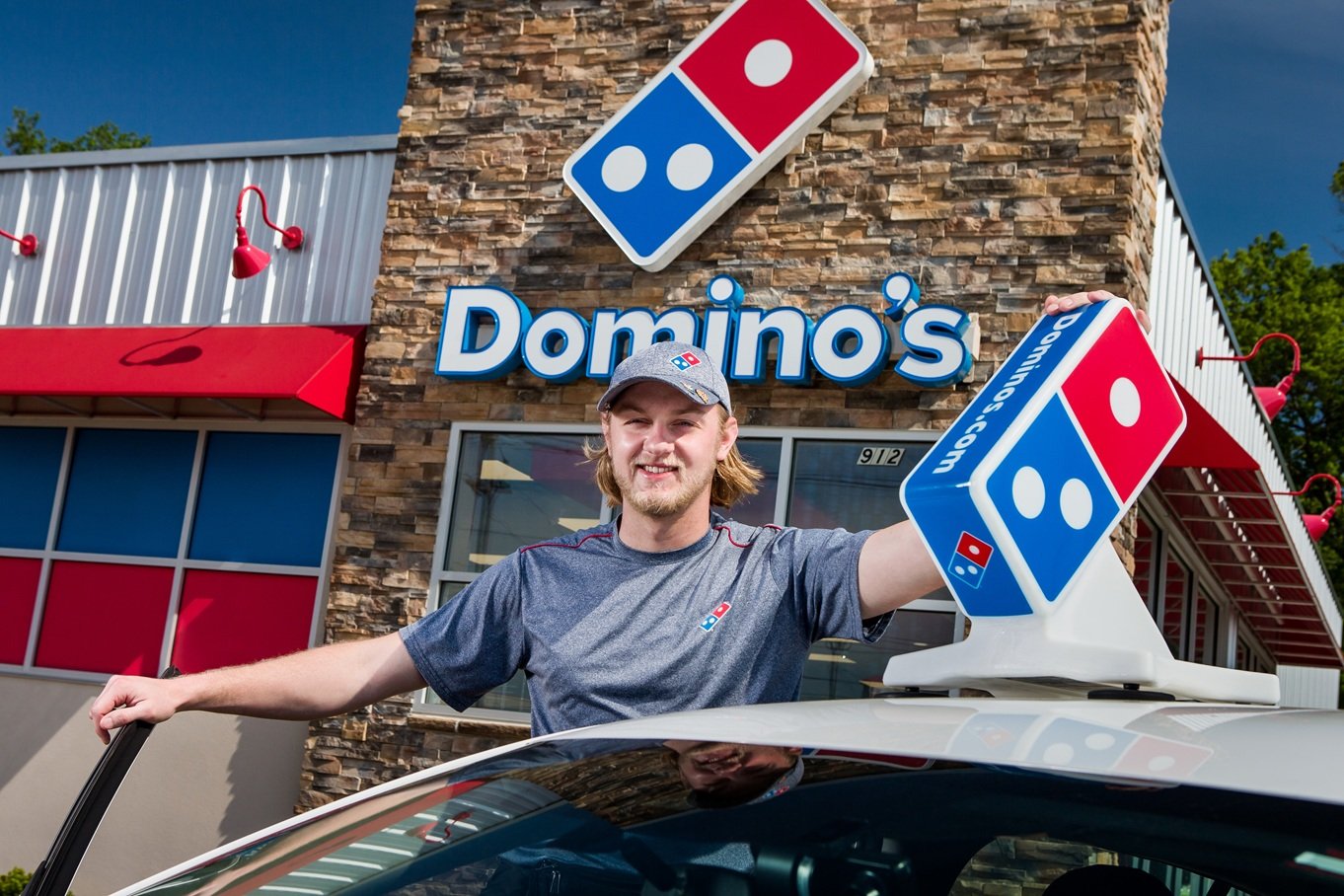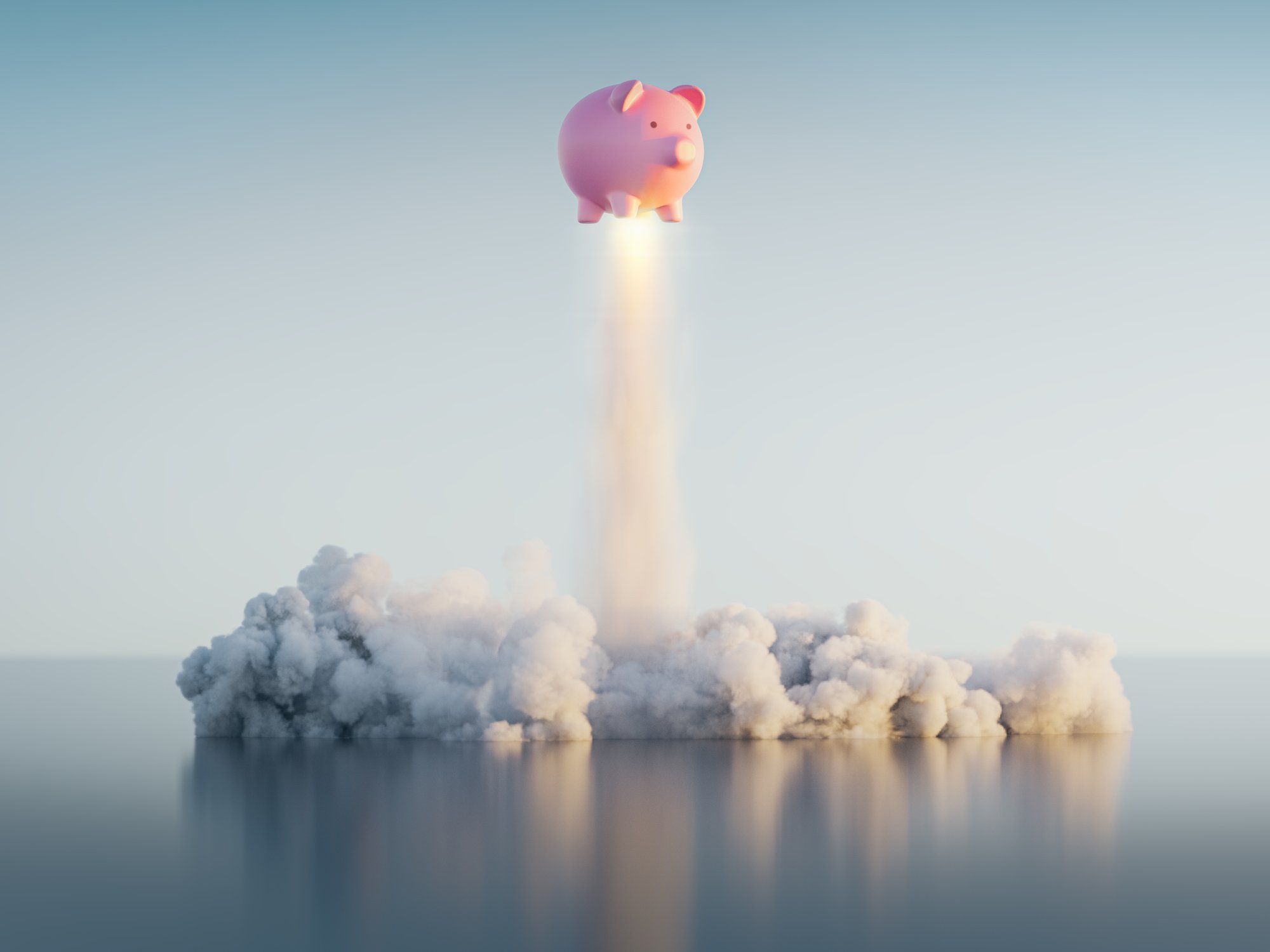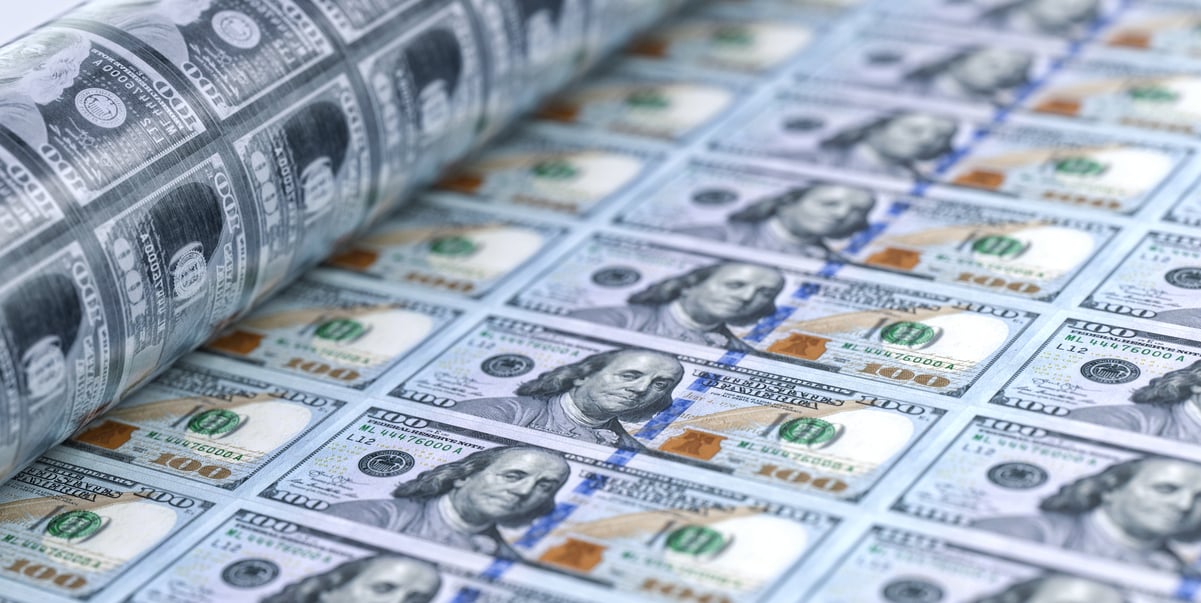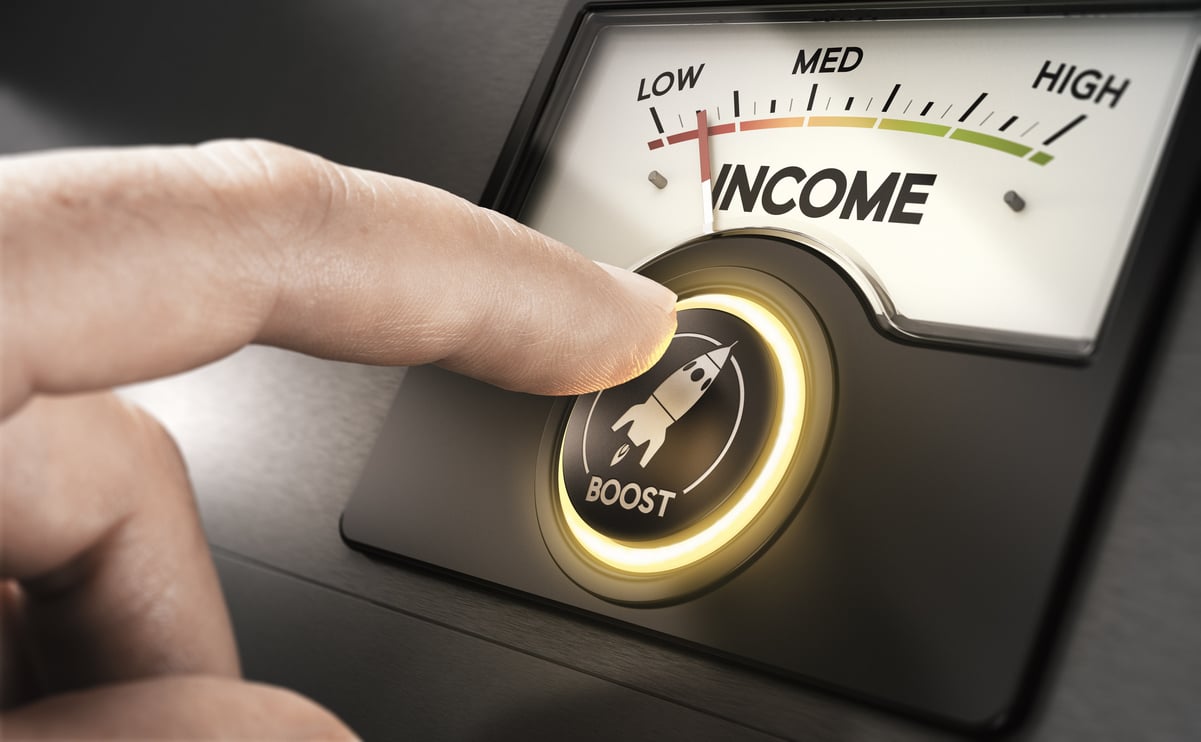Everybody knows Coca-Cola (KO +0.69%), one of the world's top beverage makers. The company is an absolute giant, generating $31.9 billion in revenue and $8.7 billion in operating income in 2018.
Now, Coca-Cola stock isn't for everyone. This isn't a high-growth company that investors can count on for market-beating stock price appreciation -- the shares have risen just 15% in the last five years, underperforming the 61% rise in the Dow Jones Industrial Index, nor is it a stock that'll likely be attractive to deep value investors. After all, Coca-Cola trades for almost 21 times analysts' 2020 earnings-per-share estimates.

Image source: Getty Images.
However, if you're a more conservative investor -- say, one who values long-term capital preservation and a solid dividend -- then Coca-Cola shares are worth a look.
A nearly recession-proof business
Bull markets don't last forever -- there will inevitably be another economic recession down the line. While no company is completely immune to the effects of a recession, it's not hard to make a credible case for why Coca-Cola would easily survive one.
To do that, let's take a look at how Coca-Cola's business and stock price fared during the Great Recession, which started in Dec. 2007 and ended in June 2009.
As far as the business itself goes, for the entirety of 2007, Coca-Cola generated $28.6 billion in net revenue and $7.2 billion in operating income. Over the course of 2008 -- deep in the throes of the financial crisis -- Coca-Cola actually saw its revenue rise 11% year over year with operating income outpacing revenue, up 16%.
In 2009, the top line saw a 3% drop, but the reasons for that slight decline weren't necessarily related to the weak economy. Digging deeper into its annual filing for 2009, the company said that it saw a 3% increase in revenue from concentrate sales volume. More than offsetting that good news was a 1% drop from selling off "certain bottling operations" and then another 5% decline thanks to "currency fluctuations versus the U.S. dollar."
Put simply, Coca-Cola's business hummed along just fine during the last economic downturn.
Now, the fact that Coca-Cola's business performed well through the recession doesn't mean the stock price wasn't impacted -- the shares actually shed about 37% from the peak in 2007 to the trough in early 2009 -- but the company's intact fundamentals should have given long-term investors confidence that the shares would eventually rebound.
A healthy dividend
Another potentially attractive feature of Coca-Cola stock is its large and growing dividend. As of this writing, the shares offer a 3.4% dividend yield. This isn't the biggest yield on the market, but it's a solid one that's backed by a nearly bulletproof business. The company points out on its investor relations website that it has "increased dividends in each of the last 55 years," which, of course, means this Dividend King has given shareholders payout increases even during the toughest of economic times.
KO Dividend data by YCharts.
While past performance is no guarantee of future results, investors should be confident that the company will continue to boost its dividend year in and year out. Now, those dividend increases haven't been huge in recent years -- the company raised its quarterly dividend by just a penny per share earlier this year and the increase was $0.02 in the year before. However, considering that the yield remains attractive, a relatively slow pace of increase from here is no deal breaker.
The point, though, is that if you're a more conservative investor, then income may be an important consideration for any prospective investment, and Coca-Cola's shares deliver on that front.
Products that people will (probably) always want
Coca-Cola has a lot of beverage brands under its belt that target a wide range of prospective customers. These brands are, in aggregate, quite successful. While there are other companies that, say, offer competition to the company's eponymous Coca-Cola product, the company's enormous brand strength (Interbrand says Coca-Cola is the world's fifth most valuable brand with a value of $66.3 billion) and practically unmatched marketing wherewithal (the company spent $10.3 billion on selling, general, and administrative expenses in 2018) are real, long-term competitive advantages.
The company's brand portfolio is also quite diverse. In addition to selling soda products like Coca-Cola, Sprite, and Fanta, it also sells beverages such as lemonade under its Minute-Maid brand, unsweetened and minimally sweetened tea under its Honest Tea brand, milk from Fairlife, water from Dasani, and so on. That broad portfolio allows Coca-Cola's business to thrive even as consumer preferences shift over time.
As long as there's demand for beverages, Coca-Cola should continue to generate significant amounts of revenue and profit to satisfy investors looking for that safety and consistency in their investment.







